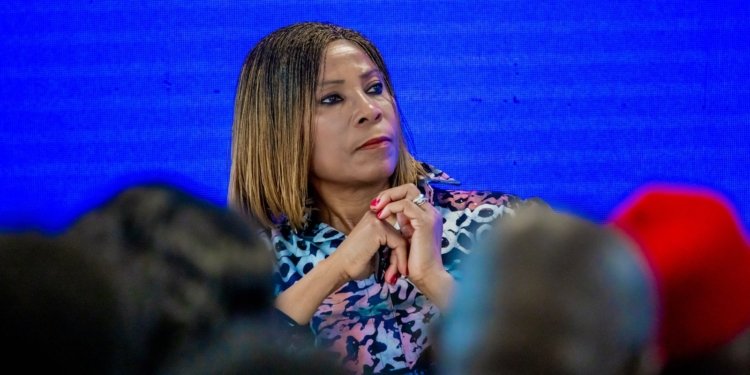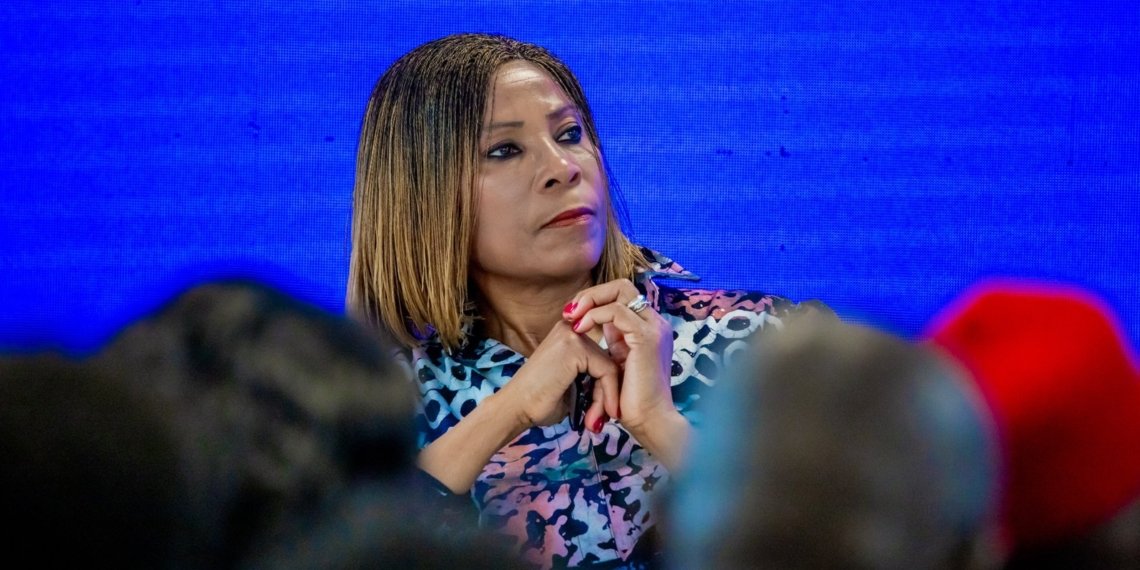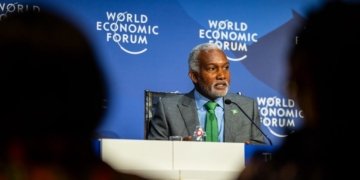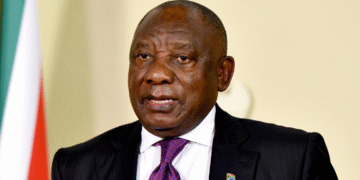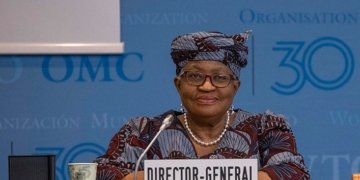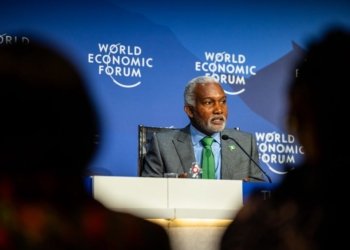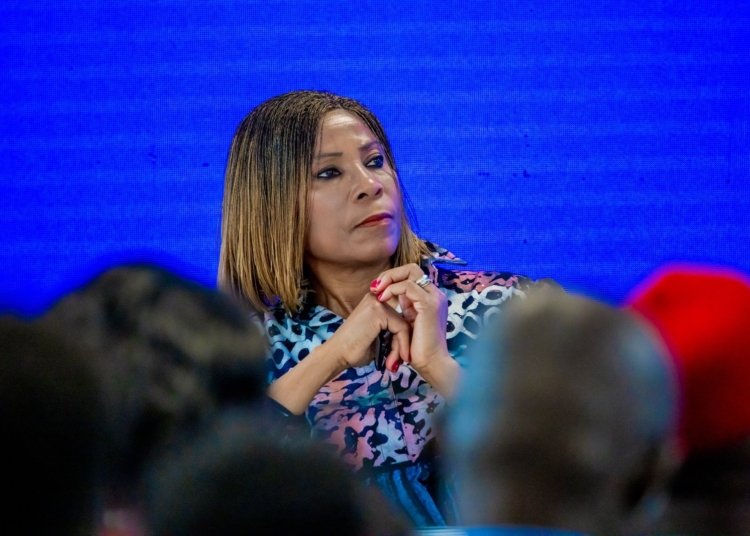ADDIS ABABA, Ethiopia (BG) — Sustainable peace in Africa requires a shift from simply ending conflicts to transforming societies, according to global and regional leaders discussing African peace processes.
The call for a more inclusive and lasting approach to peacebuilding was a central focus of a discussion led by UNDP and Chatham House Africa, themed “Prospects for Durable Agreements to End Conflicts.”
“Too often, peace agreements are seen as an endpoint. But we know that peace is not just about stopping wars — it’s about building societies where everyone has the opportunity to thrive,” said Ahunna Eziakonwa, Assistant Secretary-General and Director of UNDP’s Regional Bureau for Africa.
“We must commit to making peace processes transformative,” Eziakonwa stressed.
Dr. Mohamed Ibn Chambas, African Union High Representative for Silencing the Guns, reaffirmed the AU’s dedication to conflict resolution.
The Silencing the Guns initiative, a flagship project of the AU’s Agenda 2063, remains central to Africa’s vision for a conflict-free continent.
Launched in 2013 as part of the AU’s Solemn Declaration, it aims to eliminate wars, civil conflicts and human rights violations, laying the foundation for lasting peace and development.
“In spite of the challenges we see with the emergence of new conflicts, we must remain focused in our quest for sustainable peace. The AU, through its high-level panels, shall continue its peace negotiation efforts,” he said.
Professor Ibrahim Agboola Gambari, a Nigerian diplomat, emphasized the importance of addressing the root causes of instability.
“If we want to address the issue of peace, we must look at the African peace and security architecture, ensuring we broaden participation to include more women, youth and civil society organizations,” he said.
The Economic Community of West African States (ECOWAS) Commission President Dr. Omar Alieu Touray emphasized key conditions for successful peace agreements, including addressing spoilers, maintaining stakeholder confidence and securing third-party collaboration.
